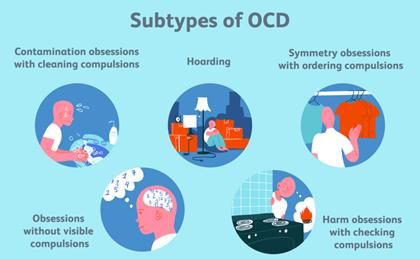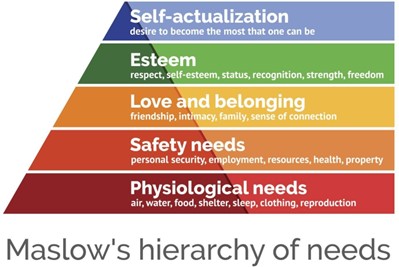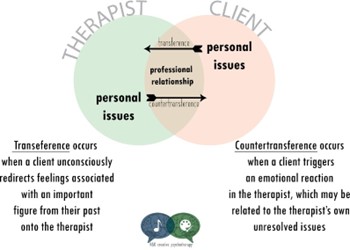A registered nurse in a mental health facility is planning care for a client who has obsessive-compulsive disorder (OCD) and is newly admitted to the unit. Which of the following actions should the nurse plan to take regarding the client's compulsive behaviors?
Confront the client about the senseless nature of repetitive behaviors.
Isolate the client for a period of time.
Plan the client's schedule to allow time for rituals.
Set very strict limits on the behaviors so that the client can conform to the unit rules and schedules.
The Correct Answer is C
When caring for a client with obsessive-compulsive disorder (OCD), it is important for the nurse to understand that the client’s compulsive behaviors are a way for them to manage their anxiety and distress. Rather than trying to confront or eliminate these behaviors, the nurse should work with the client to develop a schedule that allows time for their rituals while also incorporating other activities and treatments.
Option a. Confront the client about the senseless nature of repetitive behaviors is not a helpful intervention because it may increase the client’s anxiety and distress.
Option b. Isolate the client for a period of time is not a helpful intervention because it does not address the underlying causes of the client’s compulsive behaviors.
Option d. Set very strict limits on the behaviors so that the client can conform to the unit rules and schedules is not a helpful intervention because it may increase the client’s anxiety and distress and may interfere with their ability to participate in treatment.

Nursing Test Bank
Naxlex Comprehensive Predictor Exams
Related Questions
Correct Answer is B
Explanation
According to Maslow’s hierarchy of needs, physiological needs such as food and hygiene are the most basic and fundamental needs that must be met before higher-level needs can be addressed. Therefore, a patient who refuses to eat or bathe would receive higher priority in care planning.

Correct Answer is C
Explanation
Countertransference refers to the feelings and emotions that a healthcare provider may have towards a patient. In this case, the nurse is experiencing sadness and reflecting on their own personal experiences with their grandparents while assessing the confused older adult. This can lead to the nurse projecting their own feelings and emotions onto the patient.

Whether you are a student looking to ace your exams or a practicing nurse seeking to enhance your expertise , our nursing education contents will empower you with the confidence and competence to make a difference in the lives of patients and become a respected leader in the healthcare field.
Visit Naxlex, invest in your future and unlock endless possibilities with our unparalleled nursing education contents today
Report Wrong Answer on the Current Question
Do you disagree with the answer? If yes, what is your expected answer? Explain.
Kindly be descriptive with the issue you are facing.
